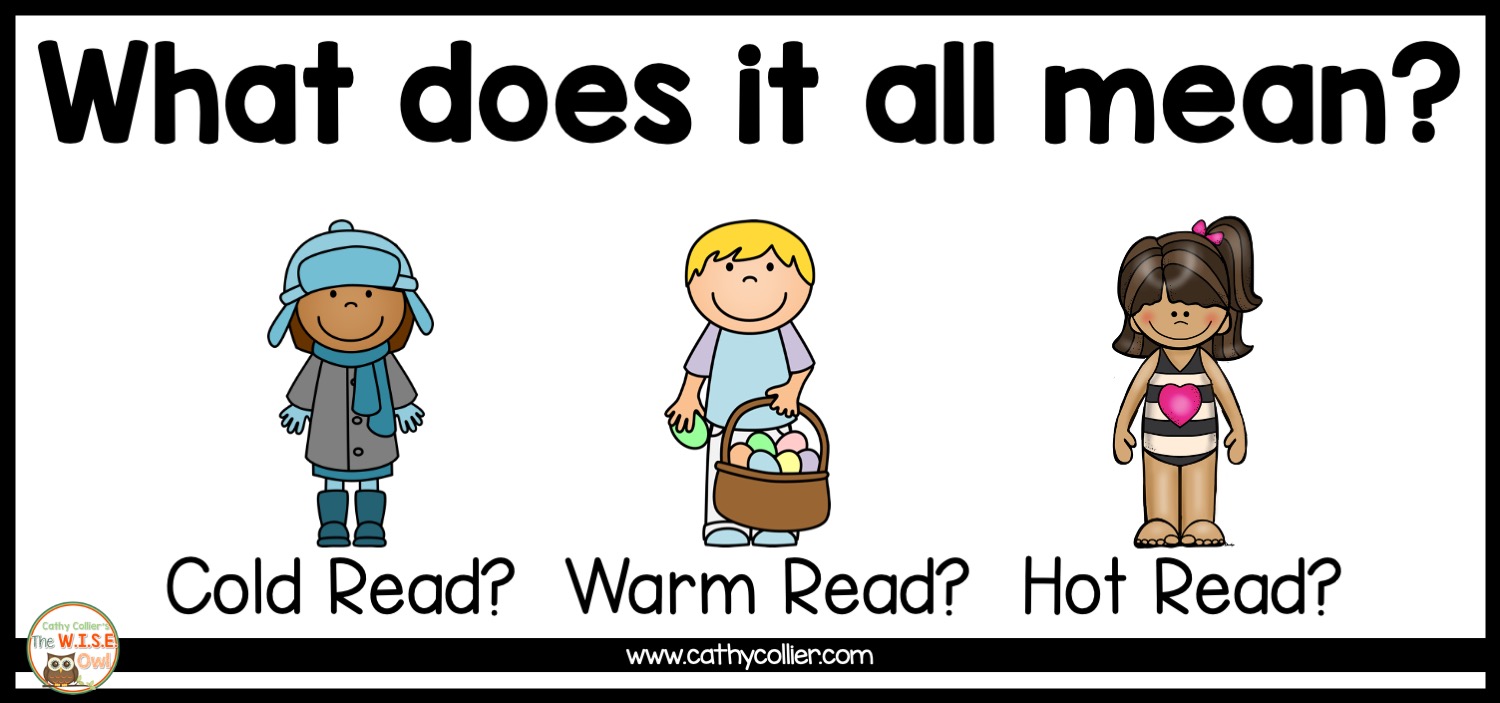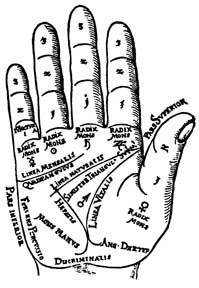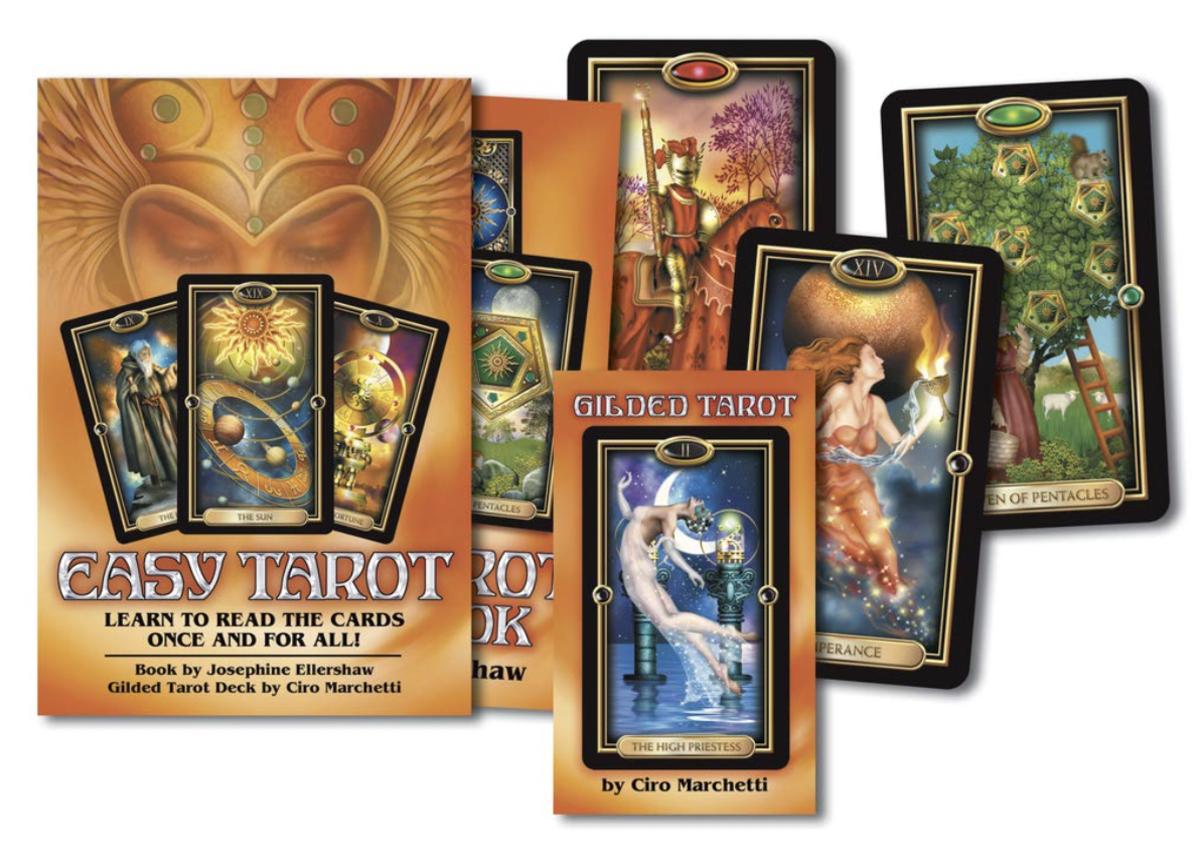
Cold reading is a type of public speaking where you read aloud from a text. This technique is very popular in performing arts, particularly in theater. This is a great way to improve your communication skills and impress an audience. This is also called 'theatrical-reading'. Cold reading can be used to improve confidence and public speaking skills.
Techniques
Techniques for cold reading involve using a variety of techniques, including observing the body language and details of the conversation. Learn about the subject's concerns and lifestyle during the reading. It is possible to observe the subject's reaction to your statements. Then, refine your statements according the results.
Apart from using many techniques, you may also be able to create a win/win situation by making contradictory statements regarding the subject's behaviour. Mentalists can create these situations by making statements that appear to contradict one another. A common example is to present a subject with a veiled statement about an emotion or thought. This method is very effective as the subject has likely experienced both sides of an emotion.
Selection of audience
Target potential customers by their interests. Target your ad to people who are most likely buy your product. Demographic targeting can help you make the most of your ad campaigns.

Cold reading requires that you can make an impact on the audience to succeed. Many candidates tend to fixate on the script during auditions and not make eye contact with their audience. Instead of doing this, hold the script in one hand while making eye contact and reading with your audience. Make sure to turn the page quickly. You might also fold the corner to make it easier for you to turn the page.
Body language
Cold reading is the art or science of deciphering nonverbal signals without speaking to people. This skill is useful for gauging someone's level or nervousness. It allows you to adapt your behavior to different circumstances. Many people mistakenly believe that bodylanguage is equivalent to cold-reading.
However, it's common for cold readers to make broad generalizations about people they read. The majority of the information they provide is accurate. However, it can also make the reader feel evocative or provocative. The key is to carefully watch the person's body language to narrow the scope and refine the statement based on their reaction. A cold reader might make a humorous comment about a dead relative. A more serious statement about the person’s recent relationship to a former partner would be more accurate.
False Signals
When cold reading, there are two main methods to detect false signals. One is based on subjective validation, and the other is objective validation. Both methods require a certain amount of training and experience. A cold reader must be able to use a variety of techniques. A good cold reader should be able to identify people in different states of mind.
Cold readers are able to ask as many questions as they like in order to gather as much information as possible. Then, he/she will repeat or rephrase that answer to guide the next question.

Preparation
Cold reading auditions are something you need to be ready for as a performer. Cold readings do not require script review, but it is vital to research the topic matter and understand what will likely be asked. This will enable you to feel connected with the material as well as familiarize yourself with the characters, storyline, company, and other details. You can even prepare by reading some material in front of others in order to practice.
Actors must avoid becoming stiff while practicing for cold reading auditions. It is important to remember that actors communicate with their bodies just as much as they do with their words. It is crucial to communicate the appropriate emotions through your body.
FAQ
What are observation hobbies?
Observation hobbies involve watching people do the things they love. It could be reading, watching sports or going on holiday. It could also involve observing others.
Observation hobbies can be very beneficial because they allow you to learn how creative thinking works. You can use this knowledge later when you're working on projects for yourself or others.
You'll find that if you're interested in something, then you'll have an easier time learning about it.
For instance, if football is something you are interested to know about, you can watch the game or read a book. Exhibitions are a great way to learn about photography.
You can play along with songs online or purchase a guitar if you love music.
If you love cooking, you can either cook your meals at home or order from a local restaurant.
If you like gardening, you could grow vegetables or flowers.
If you are a fan of dancing, you can join a class or go out with your friends to learn.
If you enjoy painting, you might paint pictures.
Write poetry and stories if that is what you love to do.
You could also draw pictures if you enjoy drawing.
If you're passionate about animals you might consider working at a Zoo or looking after their pets.
If science is your passion, you might choose to study biology or chemistry.
You can read books, listen to podcasts, or watch films if history interests you.
You could explore the world or travel to places you love if you are a lover of traveling.
Is it possible making a living as a hobby?
Not necessarily.
However, if you're interested in creating a business based on your hobby, then you could definitely end up being wealthy.
Let's say, for instance, you are a passionate cook. You love healthy food so you open a new restaurant.
You only offer organic meals from scratch. Customers pay a small charge to cover the cost of ingredients and labor.
Over time, you grow your clientele and eventually hire employees who work alongside you.
You can eventually expand your menu to include vegan and gluten-free dishes.
In this scenario, you've created a successful business that has allowed you to live the type of lifestyle you wanted.
However, you don't have to quit your day job.
Instead, you could simply run your restaurant while still holding down your regular 9-5 position.
What are the best ways to find a hobby?
When you first start your journey into finding a hobby, you may feel like you've got nothing to choose from.
You're likely thinking, "I can't be very artistic" or "I have no idea what I'm doing."
The truth is that you likely already have a lot experience in your chosen hobby.
It's just that you haven't realized it yet.
Take a tour of your house. How much stuff do you own?
Do you have any old toys lying around that could be used?
Perhaps you have a collection.
Perhaps cooking has been something you've wanted to do all your life.
Perhaps you just want to pick up the guitar again.
It doesn't matter what it is, you can probably turn it into a hobby.
It is important to recognize that you already have a lot of experience to draw from.
And once you do, you'll be able to pick out a hobby that fits right into your lifestyle.
How do I get started with my new hobby?
You must decide what hobby you want before you start any new hobby.
Passion is essential once you have selected your subject.
It is crucial to know why you want to pursue a hobby. It will give you some direction and purpose.
After you have decided on the type of hobby you want to pursue, it's time to start planning.
Think about the equipment that will be needed.
Consider whether classes or seminars are necessary.
Make sure you have enough space for your hobby.
You might also consider joining a club. These groups usually offer support and advice.
Consider how much money you would have to spend on your hobby.
What are the most popular hobbies right now?
Popularity is not always a good thing. It is often used to excuse mediocrity. Most people don’t have the time to pursue any hobbies they desire. They are always too busy to earn a living. So what should you do if you don't have much free time? Start a business.
It's not easy. There are many obstacles that must be overcome before you can realize your vision.
Consider pursuing a hobby if your goal is to have something more fun than running a company.
Hobbies don't have to be creative. There are many hobbies. There are many hobbies available, including:
-
Gardening
-
Cooking
-
Photography
-
Reading
What are some great hobbies ideas?
Hobby Ideas for people who love to learn and teach others.
Hobbies can allow you to be creative and have fun while learning.
There are many kinds of hobbies. However, all have the same characteristics. These are fun, easy activities that cost little and don't take too much effort.
These include working with others to teach someone how to use an instrument or build an airplane.
While you may not see yourself as a teacher at first, chances are that there is something you could do for someone else.
If you're looking for more creativity in your life, think about starting a hobby so you can share your talents with others.
Statistics
- This 100% accurate personality-analyzing hobby quiz discovers your passion based on your characteristics. (quizexpo.com)
- I am 100% biologically a woman (discover.hubpages.com)
- In comparison, men in the “no humor” condition were refused 84.6% of the time and were only accepted 15.4% of the time. (time.com)
- 37% Video Games 36% Travel 36% Health and Fitness (quizexpo.com)
- The intensity of the dialogue partners' bond at the end of the forty-five-minute vulnerability interaction was rated as closer than the closest relationship in the lives of 30 percent of similar students. (time.com)
External Links
How To
How to learn a musical Instrument
There are many methods to learn music. You could attend a school, read a book, get lessons from someone who plays a musical instrument, or look at videos online. If you are determined to learn on your own, these tips and tricks might be helpful.
-
Find something that interests your interest. You don't have to like every instrument you see. It would be hard to get into playing an instrument if you don't enjoy doing it.
-
Be patient. Learning something new takes time. Expect to not be able master all things immediately. Instead, you should continue practicing every day.
-
Regular practice is important. Do this even when you feel tired. This will ensure that your memory doesn't fade.
-
Choose a good place to practice. It is best to find a quiet space where you will not disturb others. It is important to keep the room clear of distractions. For example, avoid having loud music playing nearby.
-
Have fun! Music is meant to be enjoyed. Make sure you have fun while practicing. Being happy will inspire you to keep practicing.
-
Set goals. Set goals. You'll know exactly what you must achieve. This will make it impossible to fail.
-
Keep track of your progress. Notate all of your achievements and failures. You'll be able to learn and improve as you go.
-
Take breaks. Sometimes all it takes is to take a breather. Taking breaks can give you the time to think.
-
Ask questions. Ask others if there are any doubts or questions regarding the instrument. They may be able to help you out.
-
Listening can teach you a lot. Many musicians love to listen to and imitate songs. This allows them to understand the basic ideas behind the song.
-
Read books. You will learn more from reading books than you can by watching videos or attending classes. You will also find information in books that you won't find anywhere else.
-
Get involved in a band. Playing with other people will make you more practice. Plus, you will find people with similar interests to you.
-
Watch tutorials. Tutorials are short videos which explain many topics in great detail. These videos usually focus on one specific aspect of the instrument. Tutorials can help you understand complex parts of your instrument.
-
Try different methods. Some people learn best by reading, while others prefer lectures. Try different methods until you find the one that works for you.
-
Practice makes perfect. You don't become an expert overnight. It takes a lot of work to be able to perform well.
-
You can learn from other musicians. Listening to other people play their favorite songs can help you learn faster.